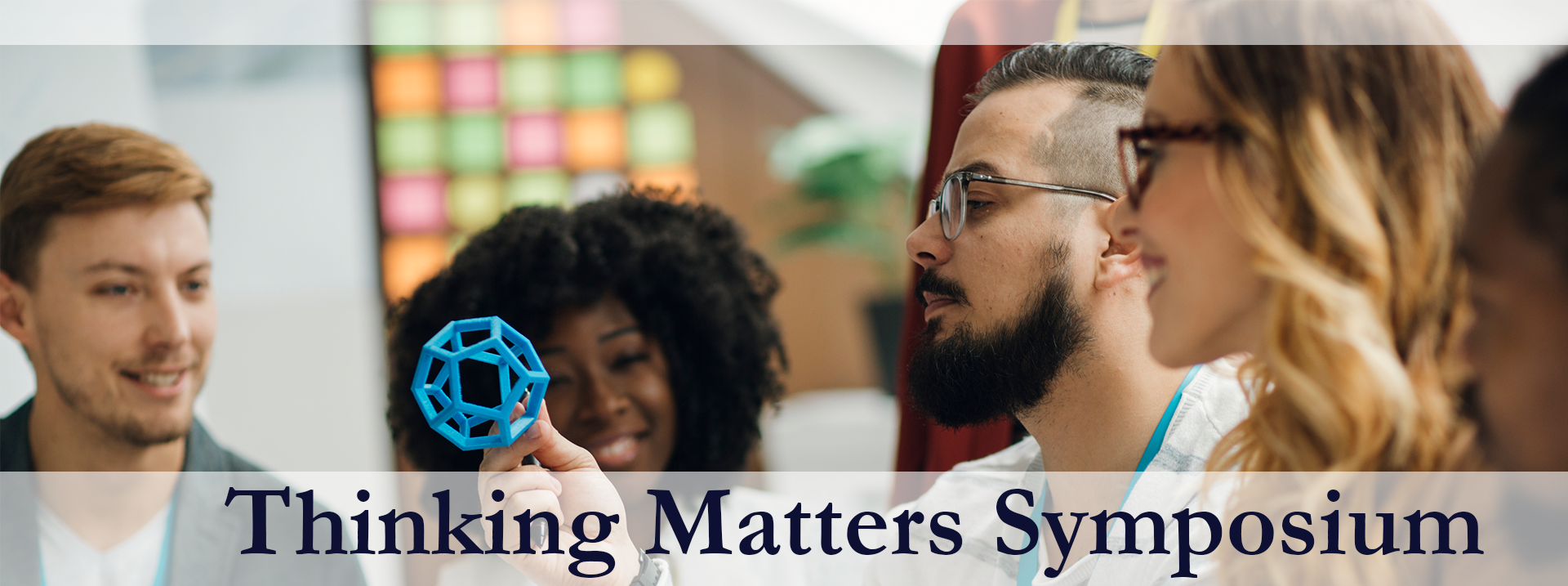Date
Spring 2018
Document Type
Poster Session
Department
Leadership Studies
Advisor
Dan Jenkins PhD
Abstract
Deliberate practice (Ericsson & Pool, 2016), the scientific process often attributed to developing expertise, requires a well-developed field and a teacher who can design, provide, and facilitate purposeful activities that target specific goals related to performance in that field. Components of purposeful practice include (a) well-defined goals, often related to skills that others have figured out how to do; (b) timely, continuous, and specific feedback; (c) deliberate practice outside of one’s comfort zone; and (d) developing previously acquired skills through continuous improvement. USM students’ participation in Collegiate Leadership Competition (CLC) practice sessions include components of deliberate practice aimed toward the goal of developing expert leaders. Through intentional learning activities grounded in applied leadership and specific performance outcomes, CLC practices include innovative strategies for leading and influencing high performing teams, solving complex problems, improving intergroup communication skills, and enhancing critical thinking skills; and each learning activity concludes with focused debriefing sessions that include feedback from the instructor and peer students. While 10,000 hours of deliberate practice in a leadership environment may be unrealistic for most college students, the CLC facilitates an accessible alternative.
Start Date
April 2018
Recommended Citation
Randall, Courtney; Graham, Mark; O'Leary, Irene; Fonseca, Katia; Mallory, Salina; and Norris, Matt, "Collegiate Leadership Competition: Deliberate Practice Leading to Expertise" (2018). Thinking Matters Symposium Archive. 164.
https://digitalcommons.usm.maine.edu/thinking_matters/164






